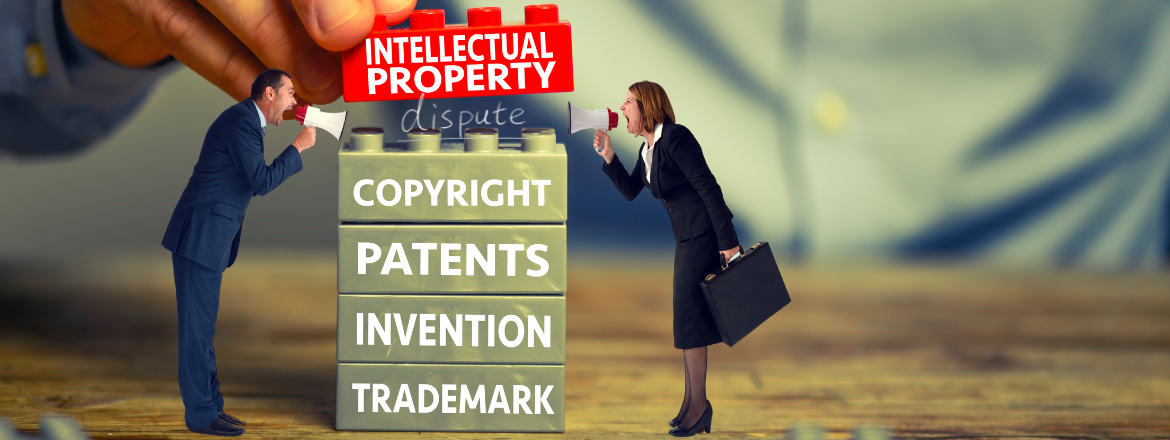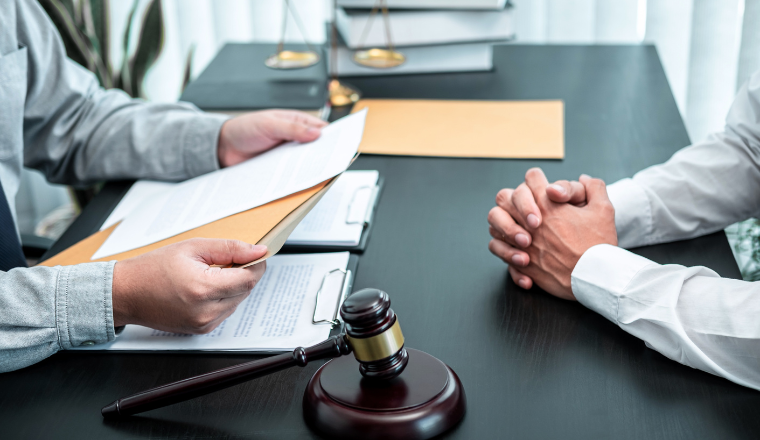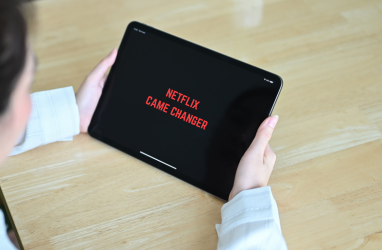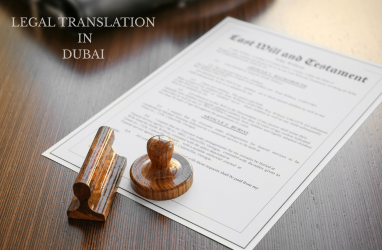Introduction: Intellectual Property Disputes
Oscar Wilde famously said “Imitation is the sincerest form of flattery," but nothing is flattering about having your hard work or brilliant ideas swooped from underneath you. This is why protecting intellectual property is an intricate business because it’s about safeguarding ideas under the pretense of federal law. Ideas as concepts are broad to define, giving a lot of leeway for argumentative-based statements. Now, what if you bring about big companies, legal cases, and infringement into the mix? In this article, let's examine a few notable intellectual property disputes stemming from copyright, trademark, and patent violations. Here are ten major lawsuits led by well-known brands in the public eye.
10 Landmark IP Infringement Cases
1. Adidas vs Thom Browne
In 2018, the American fashion brand Thom Browne sought a trademark for its sneakers in Europe, featuring a distinctive red, white, and blue stripe. This move by the luxury brand caught the attention of the global German sportswear giant Adidas, signaling potential competition in their market.
Adidas, known for taking legal action to protect its striped brand, had previously secured victories against companies like Sketchers and Juicy Couture. Following tradition, Adidas initiated legal proceedings against the American company in the summer of 2021, alleging trademark design infringement and seeking $867,225 in damages, along with $7,011,961 in profits.
However, the court ruled in favor of Thom Browne due to a lack of evidence supporting design infringement. Thom Browne argued that their iconic three-parallel stripe design had been a part of their brand for 15 years. Additionally, they claimed to have reached out to the then-CEO of Adidas in 2007, alleging intentional silence from Adidas during a period of significant growth for Thom Browne. Ultimately, the court sided with Thom Browne in this legal dispute.
2. YouTube vs Viacom
In 2007, Viacom lodged a claim against YouTube, alleging "brazen" copyright infringement due to the hosting of over 150,000 clips from Viacom's television shows and owned properties on the platform. Viacom sought damages amounting to a whopping $1 billion. YouTube contended that, as an online service provider, they were not legally liable for copyright-infringing materials hosted on their website—a pivotal point in the lawsuit.
To delve into the matter, the judge ordered the submission of transcripts and logs of YouTube's internal communication to Viacom for scrutiny. This evidence appeared incriminating and could have led to a decisive victory for Viacom if not for a critical misstep.
Before the trial, in what can only be described as a blunder, Viacom engaged 18 marketing agencies to create "unofficial accounts" and upload content anonymously, forming part of a guerrilla marketing campaign. Compounding the issue, Viacom had no means of identifying which accounts belonged to them, resulting in a situation where Viacom was inadvertently suing a company to remove content that Viacom itself had uploaded.
Seizing on this error, YouTube argued that since they could not discern Viacom's accounts, it would be unreasonable to expect them to differentiate between infringing and non-infringing content.
This misjudgment proved detrimental to Viacom's case, leading to a ruling in favor of YouTube—a fortuitous turn of events that potentially saved the company from severe repercussions.





